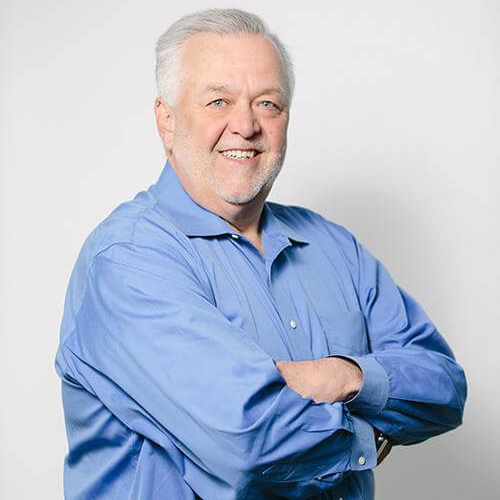Small businesses are often credited as being a strong driver of our economy, and many are owned by one person. You may own one yourself, or have at least one solely owned business as a supplier of products or services for your home or business. In my experience, very few of these have a plan to deal with the succession of the business in the event that they can’t come to work someday.
The concept of succession planning is commonly discussed among businesses with partners. But when a small business owner has no partners, the discussion rarely occurs. This can be a problem for people depending on that business. They may be employees, customers, family and dependents of the owner or the landlord who counts on a monthly rent check.
To have a successful transition to a new owner, certain matters must be addressed.
First would be a contingent service agreement. This is an arrangement with someone to temporarily serve the business. If your clients must go somewhere else during your disability, you may never see them again.
The best contingent service partner may be an employee. If there are key employees, perhaps there should be some bonus structure for their additional service or effort. If there are no key employees, then the best bet may be a friendly competitor.
An individual disability income policy for the business owner may relieve financial stress.
The next consideration is a contingent buyout agreement. This would provide for a new owner to run the business in the event of a permanent disability or premature death. Two sides of the succession planning equation need to be solved. Customers need to receive uninterrupted service. And, in exchange for the business owner’s thoughtfulness with a thorough succession plan, the heirs should be rewarded with a business that is worth more than one with no succession plan.
The last matter is that of voluntary succession on your own terms.
Experts suggest that an owner begin planning for an orderly exit of a business five years before a desired exit date. During those five years, the owner should find, groom and plan the details of succession.
John P. Napolitano CFP®, CPA, PFS, MST is Founder and Chairman of Napier Financial in Braintree, MA. Visit napierfinancial.com for more information. The opinions voiced in this material are for general information only and are not intended to provide specific advice or recommendations for any individual. Investment and financial planning advice offered through US Financial Advisors, a Registered Investment Advisor.

